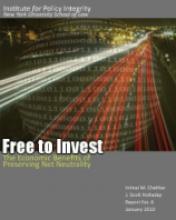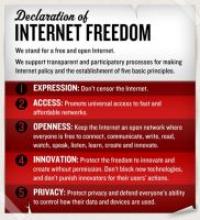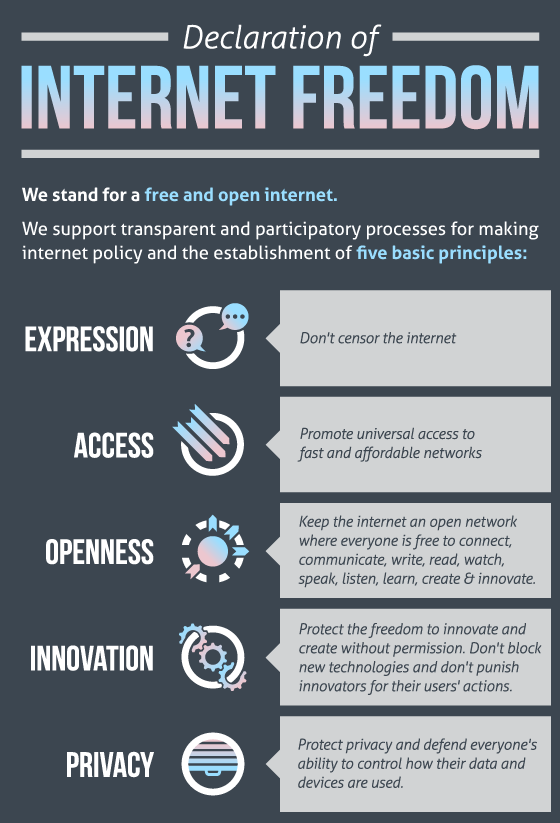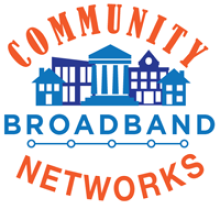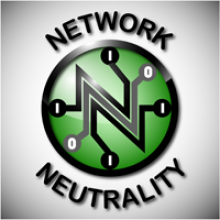Verizon Wireless Busted for Violating Network Neutrality
In December, 2010, Verizon Wireless began operating its network via C-Block spectrum with licenses it acquired in the 2008 auction. In keeping with net neutrality rules unique to C-Block usage, Verizon agreed long ago that it would not block or limit consumers' ability to tether on their 4G LTE network.
Tethering allows a consumer to use a device, such as a smartphone, as a modem to funnel Internet access to an additional device. On July 31, the FCC agreed to end an investigation into whether or not Verizon Wireless had violated this rule. In exchange, Verizon Wireless would make a $1.25 million "voluntary contribution." Verizon Wireless did not admit it broke the rules. The FCC's consent decree requires the practice cease and that Verizon Wireless implement policies to curtail the behavior.
The story began in 2011. Verizon Wireless began charging its customers an addition $20 per month to allow them to tether additional devices to their smartphones and called the feature "Mobile Broadband Connect."
The Free Press filed a complaint. The FCC began their investigation in October, 2011. From the Free Press website:
Free Press argued that by preventing customers from downloading these applications that allow customers to use their phones as mobile hotspots, Verizon violated conditions of its 700 MHz C Block licenses, the spectrum in which Verizon operates its LTE service. When Verizon purchased the licenses, it agreed to abide by conditions that it not “deny, limit or restrict” its customers’ ability to use the applications or devices of their choosing.
The company also asked the Google Play Store store to block Verizon Wireless customers from accessing software that would enable tethering. Google complied with the request, even though it has often advocated for net neutrality, but were not investigated because they are not an ISP.



